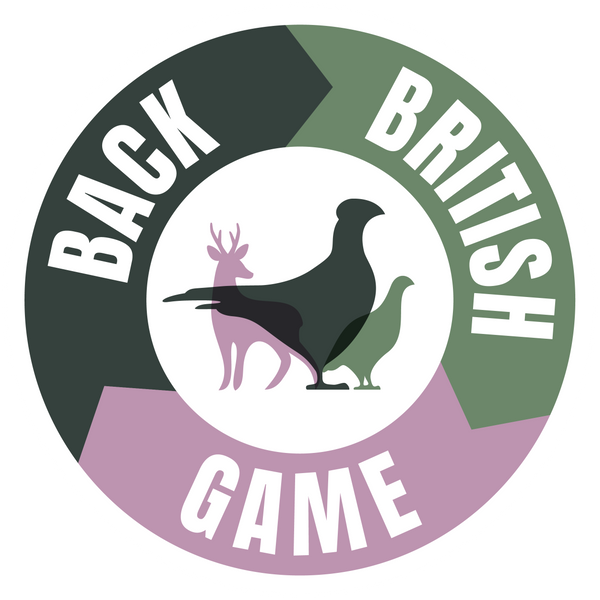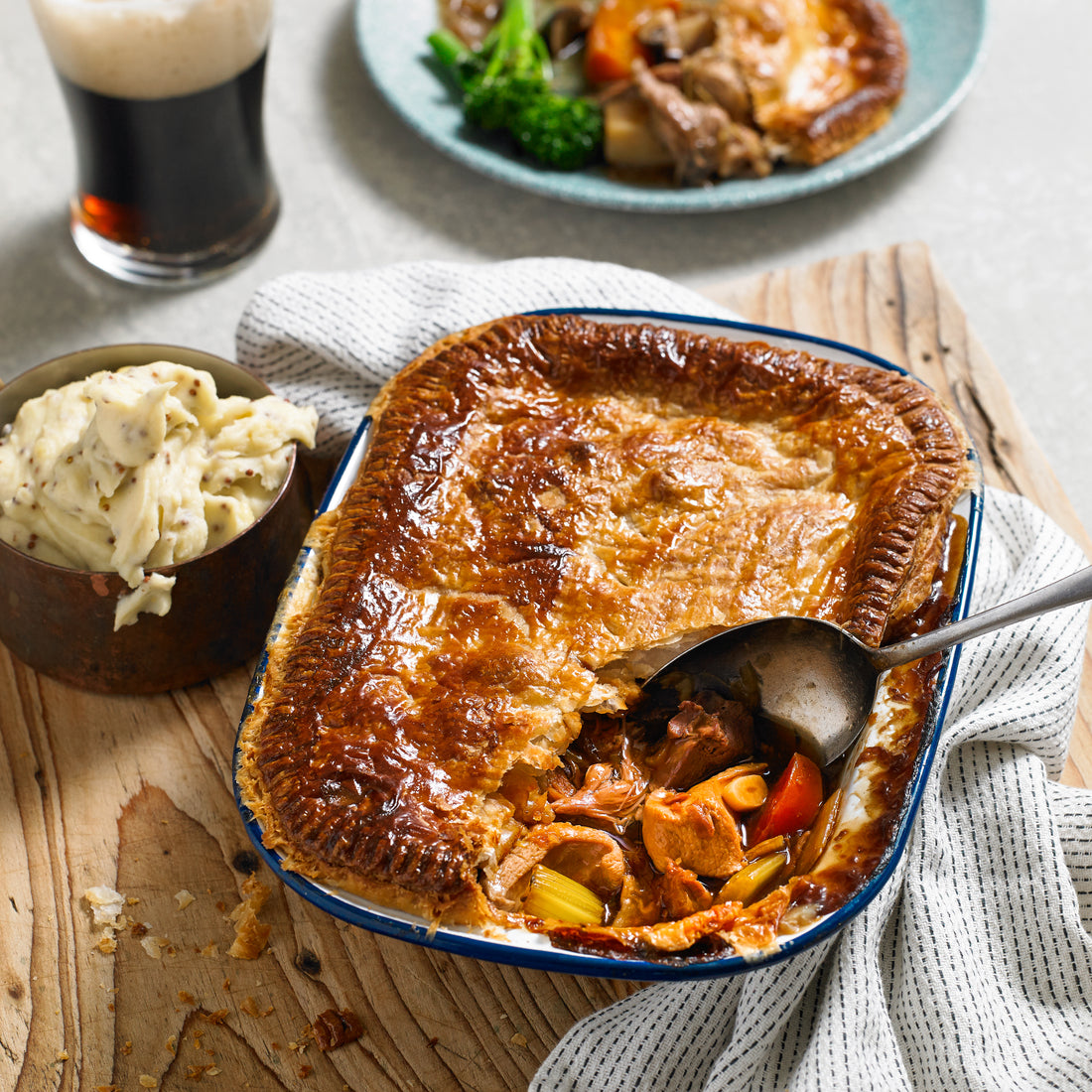This year, at the National Forestry Conference on the 11th October, Eat Wild was at the forefront of placing venison on the menu for key industry stakeholders who were present at this prestigious event.
Run by Grown in Britain, the CLA, and the Forestry Commission, the annual event was sold out this year. Dame Gladys Stacey, Minister Trudy Harrison, and Ben Harrower gave talks which all touched on the impact of deer on countryside environments and the importance of opening up markets for venison. Eat Wild provided the venison pies on offer at the event.
Rachel Lawrence, Business Manager at Grown in Britain said
“With the launch of the British Quality Wild Venison standard this year, we were delighted to be able to work with Eat Wild to ensure that this delicious, versatile meat was showcased at the National Forestry Conference. We can and must use more wild venison if we want to effectively manage our landscapes and achieve our woodland targets. Collaborations like this between Newbury Racecourse, Eat Wild and GiB, point the way to a wider use of venison in commercial conference venues.”
The UK’s deer population is believed to be at its highest level for 1,000 years, with some two million deer in our countryside and semi-urban areas. A growing deer population with no natural predators puts more browsing pressure on woodland ground flora through their consumption of tree shoots, shrubs and woody vegetation that sequester carbon. Increased wild deer management is essential if we are to protect existing woodland and newly planted saplings, meet England’s tree planting targets, protect agricultural crops and biodiversity and increase carbon stocks in woodlands.
The British Quality Wild Venison scheme has been developed by GiB at the behest of the Wild Venison Working Group, a group of industry stakeholders from across the devolved nations with the aim of opening up new markets for venison and giving greater confidence to purchasers through a quality assurance mark., BQWV is open to applicants in England, Wales and Northern Ireland and will ensure a set of audited standards are met throughout the supply chain, from forests, to the processing chain, to supermarket shelves. Successful applicants – including venison producers and processers – will support the development of a wider, more robust marketplace for British wild venison, which is a sustainable and healthy food source.
Applicants must demonstrate they comply with the BQWV standard, ensuring carcasses are handled correctly, premises are registered as food businesses with the local authority, and that standards expected for producing food are met in line with relevant regulations and best practice, ensuring that full traceability occurs. It is hoped the first quality-assured meat badged under this scheme will go on sale this year.
Further information www.britishqualitywildvenison.co.uk


